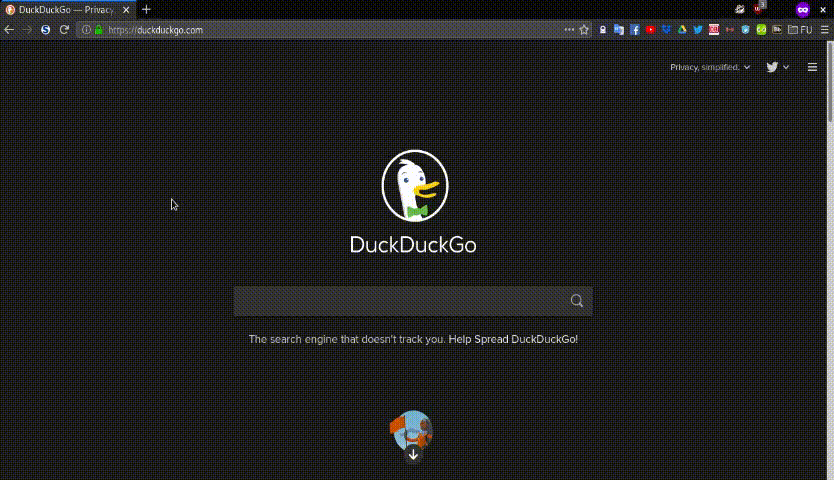Quicklinks:
Webex Room: weekly live seminars Mo. 16:00–18:00
Schedule: weekly readings, videos and homework
Course Bibliography
Updates
On this blog, you can find a big schedule now with everything important linked or cross-referenced. Either follow the link above or scroll down. Weekly content is going to be updated on there timely. The link list will be expanded and show up on every new blog post from now on. Also available: a course bibliography where you can find references, the further readings and some other recommendations. You should find most if not all of the publications on there via Primo. Readings that cannot be found online, I will provide via Blackboard.
Homework
Some were asking if we could discuss the weekly (non-graded) homework. For the weeks we don’t have time during the live sessions, remember that we have a lovely tutor who, I bet, is happy to discuss those with you :). I will also provide solutions where applicable (.pdf file gets updated every week, just re-download), and you may always stay after the class to ask questions or write emails.
Graded tests
In order to pass the weekly transfer tests (the graded ones) over on the lecture’s Blackboard page, you need to make sure you read the book chapter carefully, watched the videos attentively and participated in the seminar and lecture actively. The recap homework is for you to practice and test your knowledge of the subject matter. This week’s homework has been up since last week already and the one for next week is gonna follow soon.
Follow-up and bonus materials
Here is the follow-up reading. Rogers 2005: ch. 10
I have also compiled a little playlist with animations from Glossika Phonics that demonstrate most of the English consonants. Yet another visualization, but this channel is a lot of fun to browse through.
For comparison: MRI scans from people speaking. Also interesting because you see connected speech and even singing rather than isolated sounds.
Here is a nice video by the awesome channel NativLang answering a question that came up about whether we know how Latin was pronounced. If you’d like a full dive into topics similar to this, you will have to wait for a module like History of English or flex your own study muscle :).
And finally, here is a link to the poem we looked at: The Chaos by Gerard Nolst Trenité.


